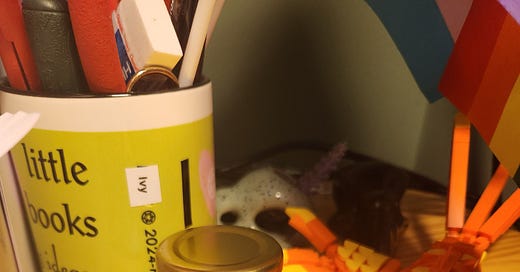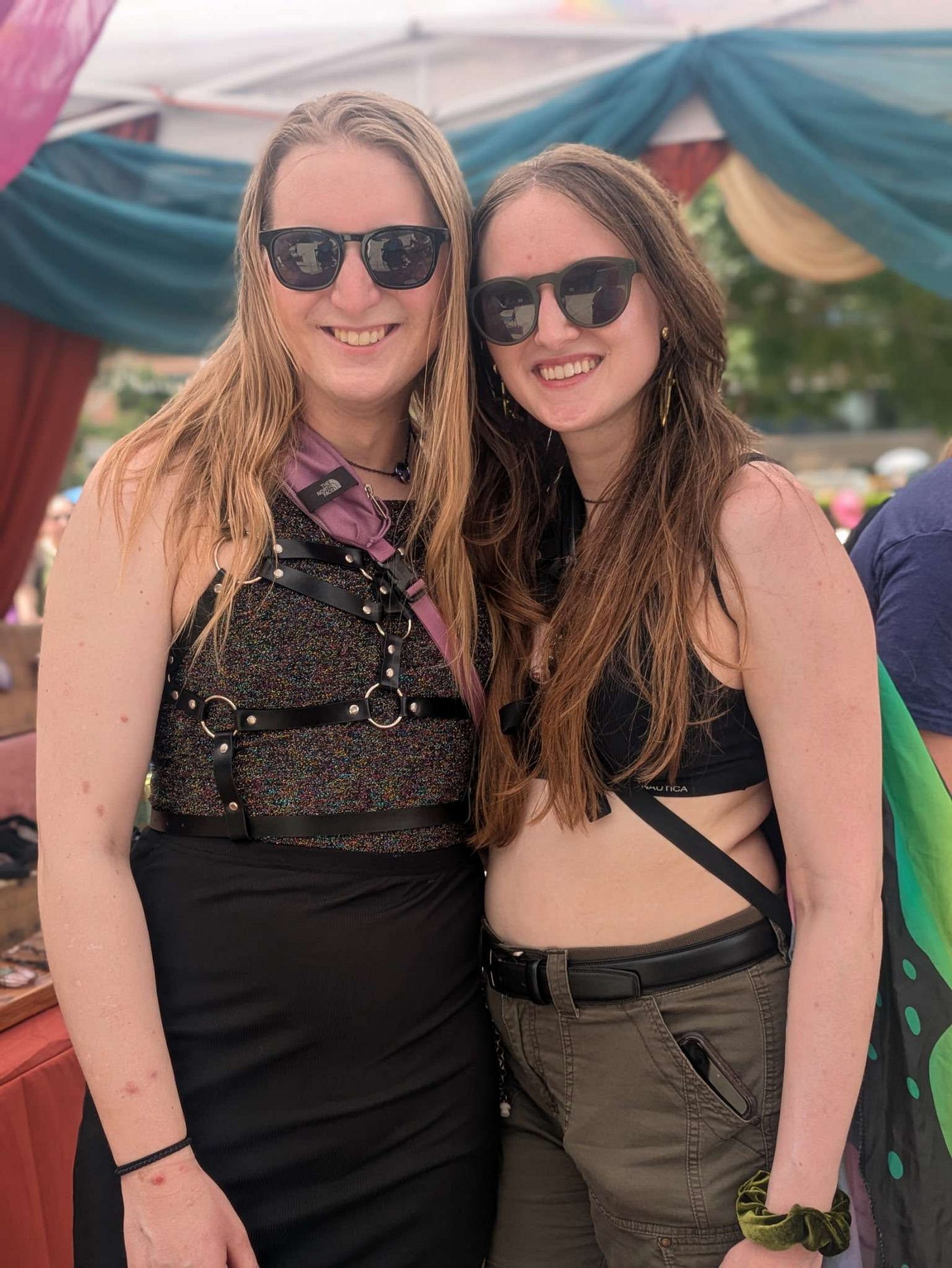Books as Spiritual Practice: 20 Queer Reads for June and Beyond
Queer words to change the world...
It’s Pride month, and as a queer, bookish person, I’ve got some recommendations.
(This post contains affiliate links. I earn a small commission on Bookshop.org links used to purchase books. All Microcosm titles I recommend here, if purchased, benefit me financially because I am employed as an author and editor for Microcosm. Microcosm books are not included in my Bookshop lists for this reason. All that being said, I only recommend books I believe in. I use these recommendations as one small way to make my editing/writing work as sustainable as possible. Thanks for reading!)
Bookshop.org Recommendations
BJU & Me: Queer Voices from the World’s Most Christian University
Undivided: Coming Out, Becoming Whole, and Living Free from Shame
Being a Super Trans Ally!: A Creative Workbook and Journal for Young People
Heavy Burdens: Seven Ways LGBTQ Christians Experience Harm in the Church
I Hardly Knew Me: Following Love, Faith, and Skittles to a Transgender Awakening1
Unclobber: Rethinking Our Misuse of the Bible and Homosexuality
My Child Is Trans, Now What?: A Joy-Centered Approach to Support
Microcosm Publishing Recommendations
I Love My Queer Kid: A Workbook to Affirm and Support Your LGBTQ+ Child or Teen
Bigenital Revolution: My (Very) Graphic Guide to Nonbinary Gender-Affirming Phalloplasty4
Next-Level Ally: How to Support Your Queer and Transgender Friends
A Tight Squeeze: Smutty Trans and Queer Stories (Queering Consent)
Relationshipping: An Introduction to Conversations About Partnership, Sex, and Dating
Unf*ck Your Dating: It’s Not Relationshipping (and That’s a Good Thing)
As a queer person, I see the words of my community as spiritual,6 divine,7 magickal.8
Let me know in the comments: What queer books do you recommend?
In Wonder,
Ivy Zeller (she/they)
Thanks for reading! I’m a queer, disabled writer/editor, and what I do is made possible by readers like you. You can support me in this journey in a number of ways:
I was on the editorial team for this book.
I edited this edition of Portland Queer.
I edited this zine.
I edited this zine.
I edited this zine.
When I describe or experience any tool/practices as spiritual, I want to acknowledge that that is not everyone’s experience. Any practice/tool I share is meant for all, regardless of spiritual label (or lack of label) or whether you experience these tools as spiritual or as some other adjective(s). Labels, while helpful in describing our experiences, are ultimately insufficient, so I want to hold space for that tension here.
My understanding of how god expresses godself is expansive. Basically, I conceive of spirituality as our experience with divine love and connection. But even that feels a little religious-y. Put another way, I believe spirituality is the place where we as individuals and communities connect with the “force of love that holds up the universe” (in words sometimes attributed to Julian of Norwich), whether we conceive of that love as divine or as the love shared between fellow humans/other creatures or some combination of both loves. It is the place within our bodies and our communities where we find love and connection with all who have come before and who will come after.
I consider witchcraft to be “spicy placebo,” and my practice is very secular. I love the definition of magick laid out in this article: “action taken to bring about internal transformation or external change.”






One of my favorite authors is TJ Klune who is ace and all of his protagonists are gay. I can’t recommend his novels enough.